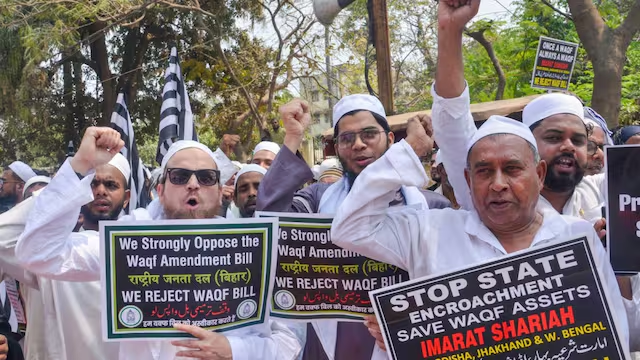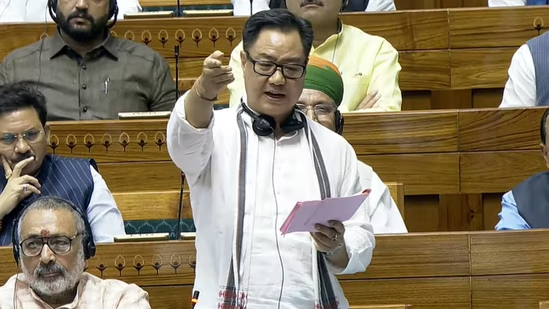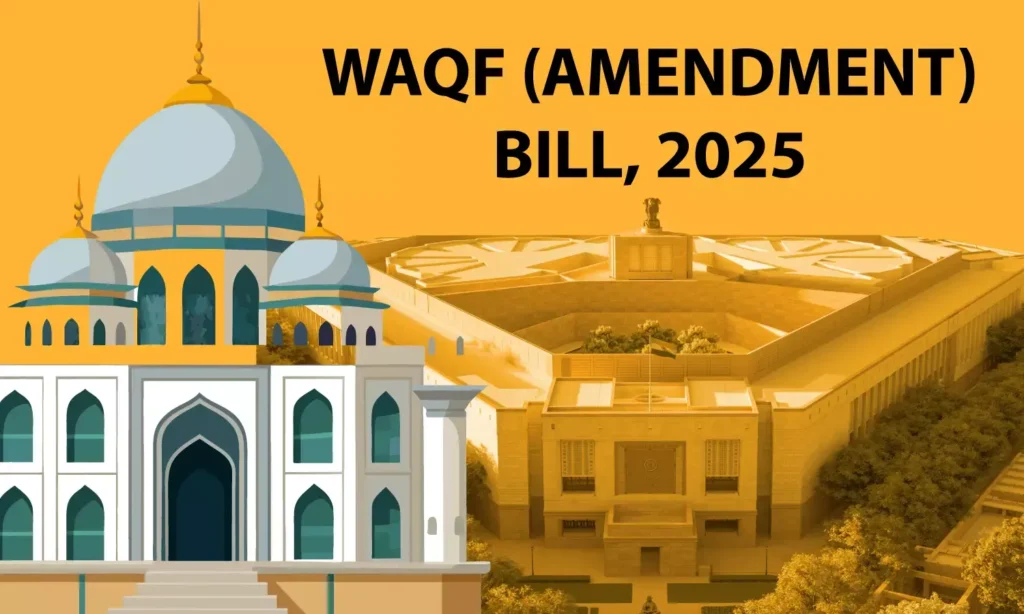Explained: Everything you need to know about Waqf Row
As you know Waqf amendment bill 2025 is coming.
There is a lot of discussion and controversy going on around the Waqf Amendment Bill in India. Political parties and different communities are divided over the implications of this bill. Here you will find all the details – what has been proposed in the bill, what is its issue, and the reactions it has triggered.

What is Waqf Amendment Bill?
The Waqf Amendment Bill aims to amend the Waqf Act of 1995, which governs the administration and management of waqf properties in India. Waqf means permanent dedication of movable or immovable property for religious or charitable purposes under Muslim law. Once the property is declared as waqf, ownership is transferred in the name of Allah, which is irrevocable. The motive of this bill is to address the shortcomings of existing law, streamline the functioning of waqf boards, and increase transparency and efficiency.

Proposed Changes
The bill brings some reforms, such as:
- Digitization of Records: It has been proposed to use technology to improve transparency and record-keeping.
- Strengthening Audits: To enhance the auditing process to ensure accountability.
- Simplify Registration: Simplify the registration process of Waqf properties.
- Judicial Oversight: Ensure judicial oversight over tribunal decisions and address delays in case disposal.

What is the controversy?
The Bill is facing a lot of opposition from different political parties and community leaders. Critics say the amendments threaten the autonomy of Waqf institutions and undermine minority rights. The Opposition has labelled the Bill “anti-Muslim” and unconstitutional, claiming it sets a precedent for targeting other communities in future.
Tamil Nadu Chief Minister MK Stalin and his party DMK are against this bill. Stalin called the passage of the bill at 2 am in the Lok Sabha a blow against Indian democracy. He announced that DMK will file a case in the Supreme Court.
Parliamentary Debate
A heated debate went on for 12 hours in the Lok Sabha on this bill, after which the bill was passed. Union Minority Affairs Minister Kiren Rijiju defended the bill, stating that its motive is to bring transparency and efficiency in the Waqf administration. He emphasized that India is a safe place for minorities and the bill addresses long-standing issues of Waqf management.
The Bill was passed with 288 votes in favour and 232 votes against, which highlights the division among lawmakers. The Bill has now been tabled for discussion in the Rajya Sabha.
Historical Context
The Waqf Act has seen many amendments in the past since its introduction in 1954. The 1995 Act gives extensive powers to the Waqf Boards and the 2013 amendment further strengthens their authority. But concerns of corruption, encroachments and mismanagement still persist, which indicates the need for reforms.
Conclusion
The Waqf Amendment Bill is a significant step to address the challenges of Waqf Boards and properties. The government says the bill will bring transparency and efficiency, but the opposition fears it could marginalise minority communities. Till the time the bill moves in the Rajya Sabha, its fate will remain uncertain and debate will continue on minority rights and religious autonomy.
This issue highlights the complexities of balancing governance, community interests and constitutional rights in a diverse nation like India. The coming days will tell whether this bill bridges the divides or deepens them.
“The Waqf row not only highlights legal and administrative challenges but also raises crucial questions about equity, transparency, and the preservation of minority rights in a diverse democracy like India.”
what you read in this post and tell your opinion about waqf amendment bill in comment.
